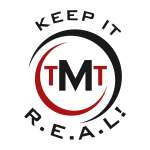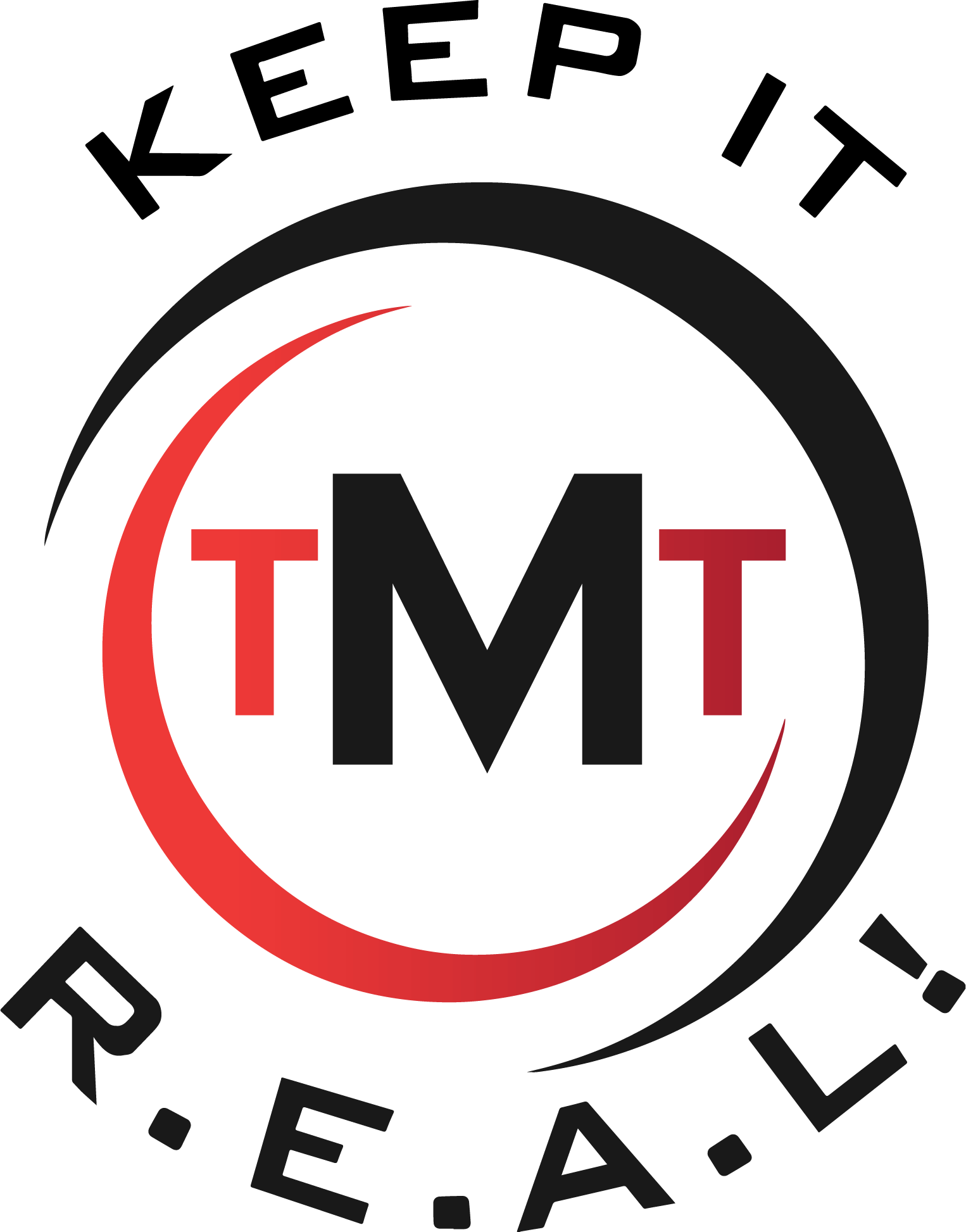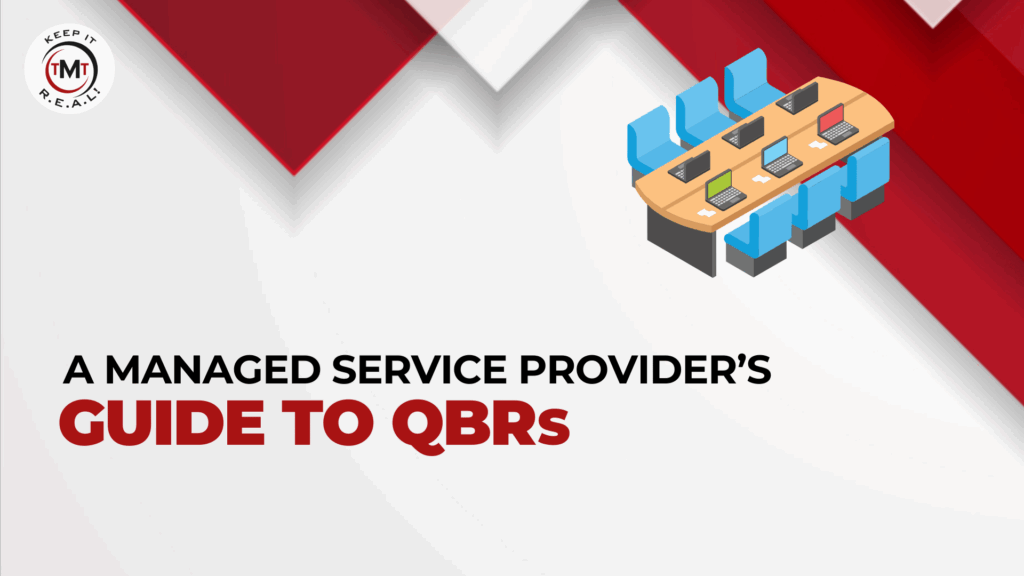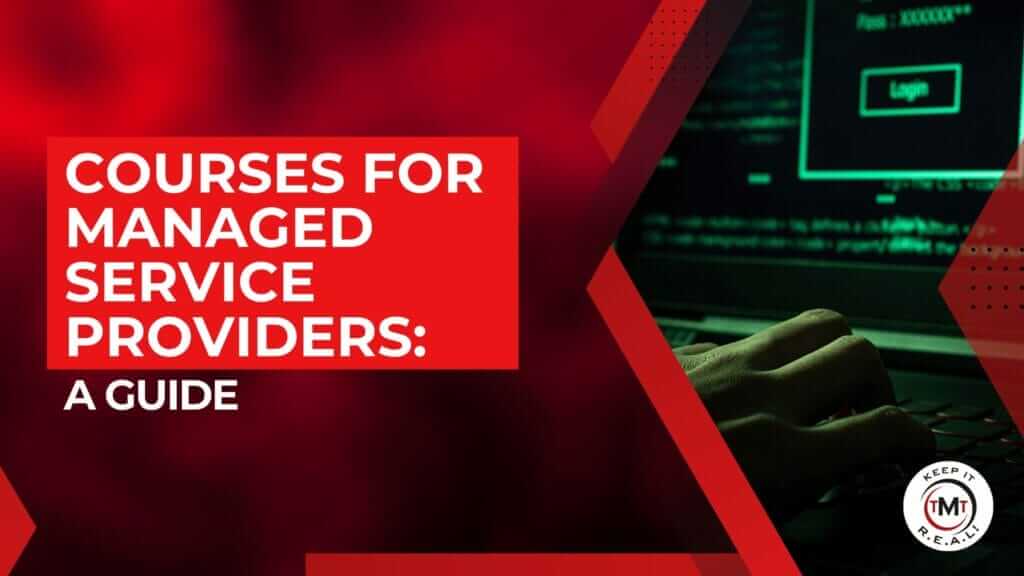Managed service providers (MSPs) play a critical role in ensuring the smooth operation and security of businesses. To effectively serve their clients, MSPs need to rely on a set of tools specifically designed to streamline their workflow, automate processes, monitor systems, and ensure data protection. In this article, we will explore the importance of MSP tools, key features to consider, and the must-have software solutions for every MSP. Let’s dive in!
Understanding The Importance Of MSP Tools
MSP tools are software solutions that enable MSPs to efficiently manage their clients’ IT infrastructure, deliver services, and meet their business needs. These tools are crucial for MSPs to ensure the stability, security, and productivity of their clients’ systems. Without the right tools in place, MSPs would face numerous challenges, including time-consuming manual tasks, lack of visibility into network performance, and difficulties with delivering consistent services across their client base.
Furthermore, MSP tools play a vital role in helping MSPs stay ahead of potential issues by providing predictive analytics and monitoring capabilities. This proactive approach allows MSPs to address problems before they escalate, minimizing disruptions and ensuring a seamless IT environment for their clients.
Defining MSP Tools
MSP tools encompass a wide range of software solutions that collectively support MSPs in managing and monitoring their clients’ IT systems. These tools include remote monitoring and management (RMM) software, professional services automation (PSA) software, and IT documentation software.
RMM software enables MSPs to remotely monitor and manage client endpoints, networks, and systems, ensuring optimal performance and security. PSA software helps MSPs streamline their business operations by automating processes such as ticketing, billing, and project management. IT documentation software centralizes important information about clients’ IT environments, making it easier for MSPs to troubleshoot issues and plan for future upgrades.
The Role Of MSP Tools In Business Efficiency
MSP tools are designed to enhance business efficiency by automating repetitive tasks, providing real-time insights and alerts, and enabling proactive monitoring and maintenance. By leveraging these tools, MSPs can streamline their operations, improve response times, reduce downtime, and ultimately deliver higher-quality services to their clients.
The data gathered and analyzed by MSP tools can help MSPs make data-driven decisions, identify trends, and optimize their service offerings. This data-driven approach not only benefits MSPs in delivering more tailored solutions to their clients but also allows them to stay competitive in a rapidly evolving technology landscape.
Key Features Of Effective MSP Tools
When selecting MSP tools, there are several key features to consider. These features will not only enable MSPs to efficiently manage their clients’ systems but also scale and adapt to changing business needs. Let’s explore some of the essential features to look out for.
Automation Capabilities
Effective MSP tools should offer robust automation capabilities. This allows MSPs to automate routine processes such as software updates, patch management, and ticket routing. By automating these tasks, MSPs can save time, reduce human errors, and focus their resources on more strategic initiatives.
Remote Monitoring And Management
RMM is a critical component of MSP tools. RMM software enables MSPs to proactively monitor their clients’ systems, identify potential issues, and resolve them remotely. With real-time insights into the health and performance of IT infrastructure, MSPs can address problems before they impact productivity and minimize downtime.
Backup And Disaster Recovery Solutions
Data loss and system failures can have severe consequences for businesses. Effective MSP tools should include backup and disaster recovery solutions. These solutions enable MSPs to regularly back up client data, implement disaster recovery plans, and quickly restore systems in the event of a failure or data breach. This ensures business continuity and data protection for their clients.
In addition to the key features mentioned above, effective MSP tools should also provide comprehensive reporting capabilities. These reporting features allow MSPs to generate detailed reports on system performance, security incidents, and compliance status. By having access to this information, MSPs can demonstrate the value they bring to their clients and make data-driven decisions to optimize their services.
Integration capabilities are another important aspect to consider when selecting MSP tools. Integration with other essential business systems, such as CRM or billing software, streamlines workflows and enhances operational efficiency. This integration enables MSPs to have a centralized view of their client’s information and eliminates the need for manual data entry, reducing the risk of errors and saving valuable time.
Effective MSP tools should not only possess automation, RMM, and backup and disaster recovery solutions but also offer comprehensive reporting capabilities and integration with other business systems. By considering these key features, MSPs can choose tools that will enable them to deliver exceptional services, enhance productivity, and exceed their clients’ expectations.
Top Must-Have MSP Software
Now that we have an understanding of the key features to consider, let’s explore the top must-have MSP software solutions.
PSA Software
PSA software is designed to streamline and automate various business processes within MSP organizations. It helps MSPs manage customer relationships, track service requests, monitor resource utilization, and generate reports. PSA software serves as a centralized platform for managing client projects, contracts, and billing, enhancing operational efficiency and optimizing service delivery.
RMM Software
RMM software enables MSPs to monitor and manage client networks, servers, endpoints, and applications remotely. With comprehensive visibility into the client’s IT environment, MSPs can proactively identify and address potential issues, perform regular maintenance tasks, deploy software updates, and ensure optimal system performance. RMM software plays a vital role in delivering proactive IT support and minimizing downtime.
IT Documentation Software
IT documentation software empowers MSPs to centralize and manage critical information about their clients’ IT environments. It allows for the documentation of network configurations, hardware and software inventory, vendor contracts, passwords, and other relevant details. This information ensures that MSPs have the necessary insights to effectively manage systems and deliver consistent services to their clients.
IT documentation software offers additional benefits beyond centralizing information. It enables MSPs to create detailed network diagrams, providing a visual representation of the client’s IT infrastructure. These diagrams help MSPs gain a better understanding of the network layout, identify potential vulnerabilities, and plan for future upgrades or expansions.
Additionally, IT documentation software often includes features that facilitate collaboration and knowledge sharing among MSP team members. It allows technicians to leave comments, notes, and instructions within the documentation, creating a valuable resource for troubleshooting and problem-solving. This collaborative approach enhances the efficiency and effectiveness of the MSP team, ensuring that everyone has access to the latest information and best practices.
Choosing The Right MSP Tools For Your Business
When selecting MSP tools for your business, it’s crucial to align them with your specific needs and requirements. Here are a few factors to consider.
Assessing Your Business Needs
Start by evaluating your business needs and identifying the pain points you want to address. Consider factors such as the size of your client base, the complexity of their IT infrastructure, and the level of support you aim to provide. This assessment will help you determine the features and capabilities that are essential for your MSP tools.
Evaluating Vendor Support And Training
Vendor support and training are crucial elements when choosing MSP tools. Ensure that the vendors you consider provide reliable technical support, regular updates, and comprehensive training resources. This ensures that you can effectively leverage the full potential of the tools and address any challenges that may arise.
Considering Scalability And Integration
As your MSP business grows, scalability becomes a vital factor. Ensure that the selected tools can seamlessly scale with your business needs, accommodating an increasing number of clients and endpoints. Integration capabilities are also key to ensuring smooth collaboration and data exchange between different tools and platforms.
Now, let’s dive deeper into each of these factors to gain a better understanding of their significance.
When assessing your business needs, it’s important to consider not only your current requirements but also your future goals. Think about the direction in which your business is heading and the services you plan to offer. By aligning your MSP tools with your long-term objectives, you can avoid the need for frequent tool replacements or upgrades.
Vendor support and training can make a significant difference in your experience with MSP tools. Look for vendors that offer 24/7 technical support, as well as a dedicated customer success team that can assist you with any questions or issues you may encounter. Additionally, comprehensive training resources, such as online tutorials and documentation, can empower you and your team to make the most of the tools.
Scalability is a crucial consideration, especially if you have ambitious growth plans for your MSP business. Ensure that the tools you choose can handle an increasing workload without compromising performance. The ability to seamlessly add new clients and endpoints to your system will allow you to expand your business without limitations.
Integration capabilities are essential for efficient collaboration and data exchange. Look for MSP tools that can integrate with other software solutions commonly used in the industry, such as RMM platforms or PSA software. This integration will streamline your workflows and eliminate the need for manual data entry or duplicate efforts.
Conclusion
By carefully considering these factors and selecting the right MSP tools for your business, you can position yourself for success in the ever-evolving managed services industry. Remember, the tools you choose are not just tools; they are the foundation upon which you build your business and deliver exceptional services to your clients. Want to quickly and easily add 1-2 high-value clients this month? Join Technology Marketing Toolkit’s next FREE MSP Marketing Training to learn how!

